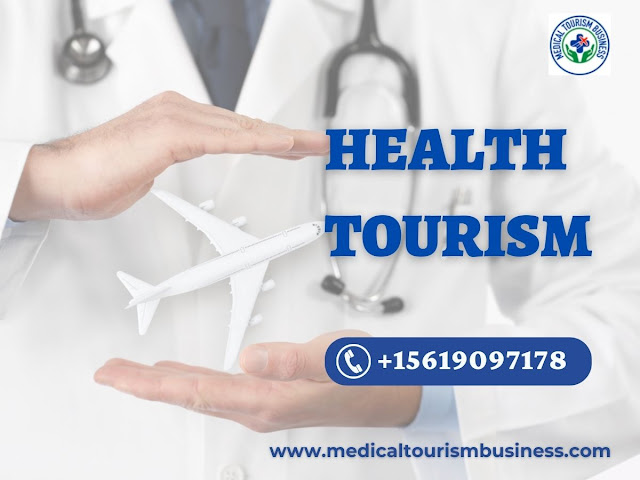Research on Medical Tourism: Understanding the Dynamics of Global Healthcare and the Role of Medical Tourism Specialists
In recent years, medical tourism has emerged as a significant sector within global healthcare, offering individuals access to high-quality medical treatments abroad. For those aspiring to become medical tourism specialists or already entrenched in this field, understanding the intricate dynamics of this industry is crucial. This article delves into the research on medical tourism, highlighting its global impact and the pivotal role of medical tourism specialists.
What is Medical Tourism?Medical tourism involves traveling to another country to receive medical treatment, which is often more affordable, timely, or of higher quality compared to domestic options. This industry encompasses a wide range of medical services, from routine check-ups to complex surgeries, attracting patients globally seeking cost-effective healthcare solutions.
The Dynamics of Global Healthcare
Research on medical tourism reveals several driving forces behind its growth. Factors such as rising healthcare costs in developed countries, long wait times for procedures, and advancements in medical technology contribute to the appeal of seeking treatment abroad. Additionally, globalization has facilitated easier access to information and travel, making international healthcare options more viable and appealing.
Role of Medical Tourism Specialists
Medical tourism specialists play a pivotal role in facilitating seamless healthcare experiences for patients seeking treatment abroad. Their responsibilities include:
1. Destination Knowledge: Specialists possess in-depth knowledge of healthcare facilities, treatment options, and regulatory frameworks in various countries.
2. Patient Advocacy: They advocate for patients' best interests, ensuring they receive appropriate care and support throughout their medical journey.
3. Logistical Support: Coordinating travel arrangements, accommodation, medical appointments, and post-operative care logistics are essential services provided by these specialists.
Key Considerations for Aspiring Specialists
For individuals aspiring to enter this field or already working within it, certain key considerations are paramount:
· Education and Training: A solid understanding of global healthcare systems, medical ethics, and cross-cultural communication is essential.
· Networking: Building connections with healthcare providers, travel agencies, and insurance companies is crucial for success in this industry.
· Legal and Regulatory Knowledge: Staying updated on international healthcare laws and regulations ensures compliance and facilitates smooth patient experiences.
Future Trends and Opportunities
As research on medical tourism continues to evolve, several trends are shaping the future of this industry. These include:
· Technological Integration: Advances in telemedicine and digital health solutions are enhancing patient consultations and follow-up care.
· Specialized Services: Growing demand for specialized treatments such as fertility procedures, cosmetic surgeries, and advanced cancer treatments drives innovation and specialization within medical tourism.
Conclusion
In conclusion, research on medical tourism underscores its transformative impact on global healthcare systems. Aspiring medical tourism specialists have a unique opportunity to contribute to this dynamic industry by leveraging their expertise and passion for improving patient outcomes worldwide. By understanding the complexities and opportunities within medical tourism, specialists can navigate this field effectively, providing invaluable support to patients seeking healthcare solutions beyond borders.
Watch More Videos:




Comments
Post a Comment